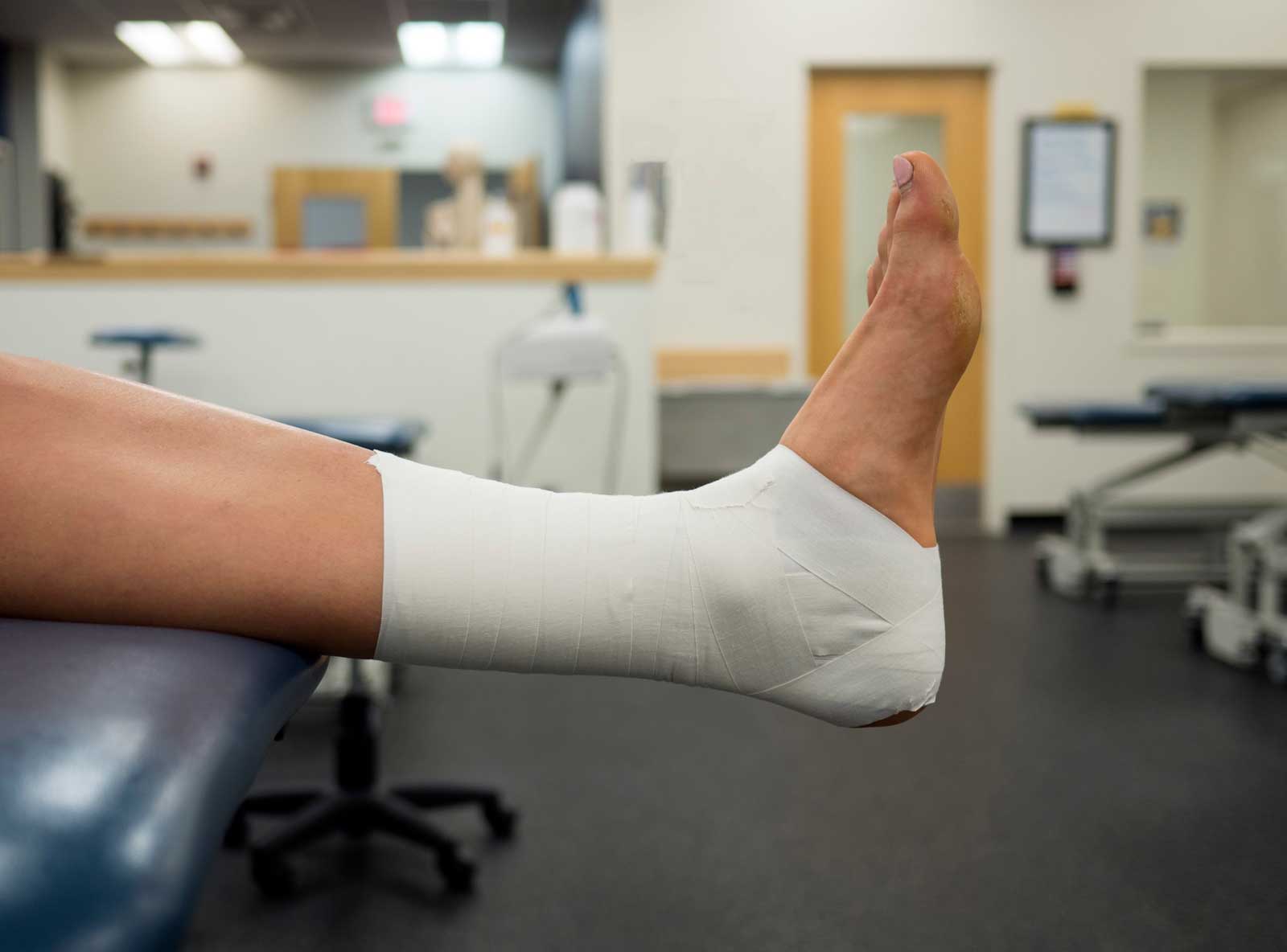
Did you know over 500,000 Australians are injured at work each year? While it’s certainly not ideal to be injured or ill on the job, it is an unfortunate reality, and something for which employers should be prepared.
Allied Health services make a difference in injury recovery by ensuring employees are on the mend so they can plan for an eventual return to work. If you are hurt at work and going through recovery, then it’s important to maintain good communication. Let’s take a look at a few reasons why.
Good communication is key to successfully managing employee injuries and their return to work. After an injury incident, it’s best to clear the air and make sure both parties are on the same page about the initial injury assessment and chronic injury management.
Not only does keeping the employer and employee on the same page help clear the air, but it also opens up the opportunity to discuss progress. For example, if you are injured on the job and expected to be off for six months, each injury assessment will provide an update on how your recovery is going and when you’re expected to be back.
Communication is valuable to injury management and recovery as it allows you to discuss your recovery goals, too. Depending on what you learn from your acute injury assessment, you can establish reasonable goals and celebrate your recovery benchmarks as you look towards a return to work.
Lastly, good communication supports future planning, from the first injury assessment to the last. As long as communication is clear, employers can ensure the staff member is supported with the appropriate accommodations in place for their return to work. After all, there are lots of takeaways from an acute injury assessment that inform what you may and may not be able to do in the future.
Whether you need an acute injury assessment or chronic injury management to guide injury recovery and an eventual return to work, personal support specialists can help.
For more information about injury management in Geelong, contact the disability support specialists at Fair Go Access.